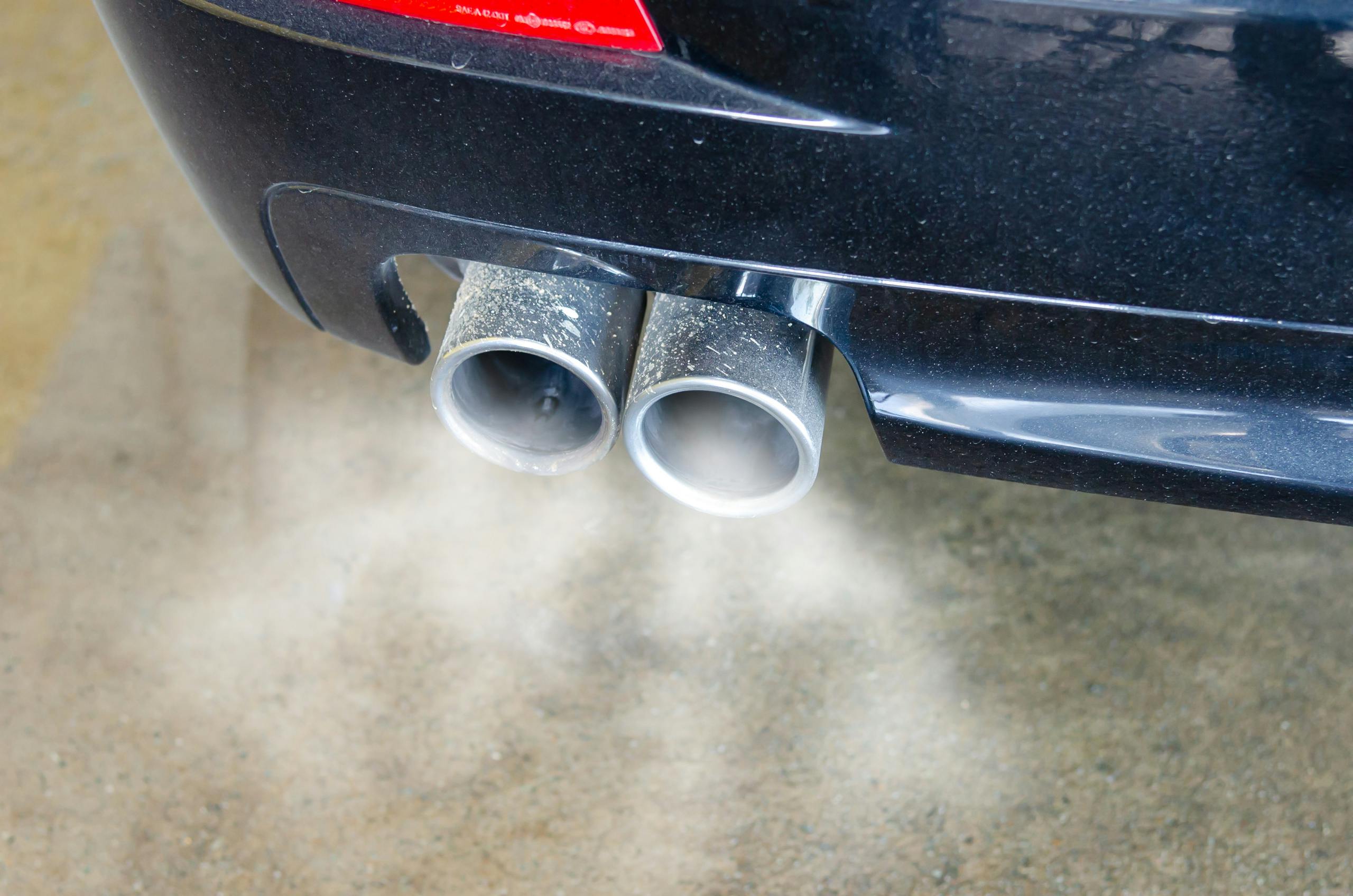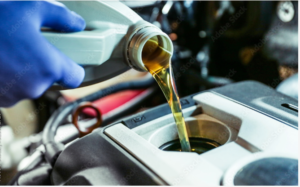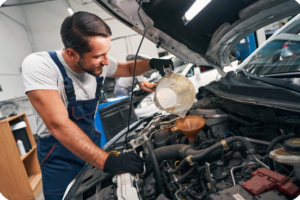Your car’s exhaust system is a critical component that plays a vital role in ensuring the overall performance, safety, and environmental sustainability of your vehicle. A well-maintained exhaust system can improve fuel efficiency, reduce emissions, and prevent costly repairs down the line. In this post, we’ll explore the importance of exhaust system maintenance and provide valuable tips to help you extend the life of your exhaust system.
Why Exhaust System Maintenance Matters
A faulty exhaust system can lead to a range of problems, including:
- Reduced fuel efficiency and increased emissions
- Decreased engine performance and power
- Increased noise levels and vibrations
- Potential safety hazards, such as carbon monoxide poisoning
- Costly repairs and replacements
Tips for Exhaust System Maintenance
-
Regular Inspections: Have your exhaust system inspected annually or every 12,000 to 15,000 miles. Look for signs of damage, rust, or corrosion on the exhaust pipes, muffler, and catalytic converter.
-
Replace the Oxygen Sensor: The oxygen sensor helps regulate fuel injection and emissions. Replace it every 50,000 to 70,000 miles to ensure optimal performance and reduce emissions.
-
Clean the Muffler: A clogged muffler can reduce engine performance and increase emissions. Clean the muffler every 12,000 to 15,000 miles to prevent clogging.
-
Check the Exhaust Hangers: Exhaust hangers support the exhaust system and prevent damage. Inspect and replace them every 50,000 to 70,000 miles to prevent sagging or breakage.
-
Avoid Extreme Temperatures: Extreme temperatures can cause the exhaust system to deteriorate faster. Avoid driving in extremely hot or cold temperatures, and park your car in a shaded area when possible.
-
Monitor the Exhaust Sound: A loud or unusual exhaust sound can indicate a problem. Monitor the exhaust sound and address any issues promptly to prevent further damage.
-
Avoid Overloading: Overloading your car can put excessive stress on the exhaust system. Avoid overloading your car, especially if you’re towing a trailer.
-
Use the Correct Fuel: Using the correct fuel type can help reduce emissions and prevent damage to the exhaust system. Always use the fuel type recommended by your car’s manufacturer.
-
Replace the Catalytic Converter: The catalytic converter reduces emissions and helps maintain a healthy environment. Replace it every 70,000 to 100,000 miles or as recommended by your car’s manufacturer.
-
Consult a Professional: If you’re unsure about any aspect of exhaust system maintenance, consult a professional mechanic or exhaust system specialist. They can provide personalized advice and perform necessary repairs.
Conclusion
Exhaust system maintenance is a critical aspect of car ownership that can help improve performance, reduce emissions, and prevent costly repairs. By following these tips, you can extend the life of your exhaust system and ensure your car runs smoothly and efficiently for years to come. Remember to always consult a professional if you’re unsure about any aspect of exhaust system maintenance.




